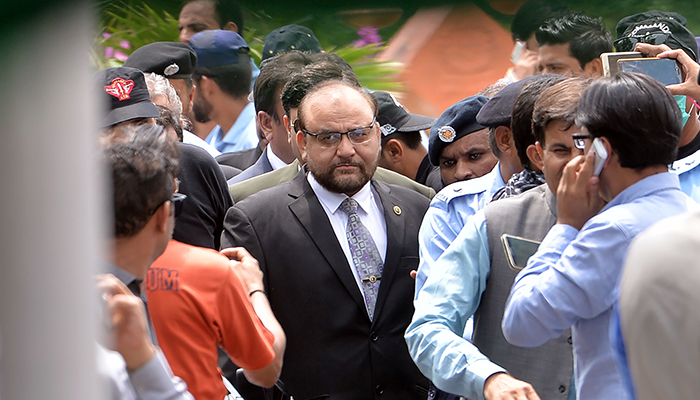Sound Bites JIT: “This is an opportunity to honour democracy”
The Supreme Court will give an opportunity to both parties for objections and clarifications
July 11, 2017

The options for the Prime Minister and his family have narrowed down significantly.
The strategy so far has been to dig their heels and fight it politically, however, it will become increasingly difficult to continue doing this now that the major portion of the Joint Investigation Report has been made public. The arguments should now be based on the findings of the JIT and if the Sharif family has the evidence to refute them.
The Supreme Court will give an opportunity to both parties for objections and clarifications. But, it is unlikely that the matter will be reheard all over again or drawn out indefinitely.
Accountability in Pakistan has a tainted history of political victimisation by undemocratic means. However, in this round that position is difficult to argue owing to the international nature of the Panama paper revelations. The Supreme Court cannot and should not convict Prime Minister Nawaz Sharif without a trial and that trial will have to be conducted by another lower forum (most likely the National Accountability court).
Now, if the Prime Minister goes down the route of facing a corruption trial while still being in office, he stakes a great deal of his and his party’s political capital. Past conspiracies will not explain factual inaccuracies and forged documents. Democracy starts with the ballot but it is also about transparency and accountability. Nawaz Sharif’s party has the mandate of the people till 2018 and this is an opportunity, albeit a forced one, to honour not only the form of democracy but its essence by moving beyond dynastic leadership and bowing to the rule of law.
Ijaz is a lawyer and the country representative for the Human Rights Watch
Views of the author do not necessarily reflect that of Geo News











